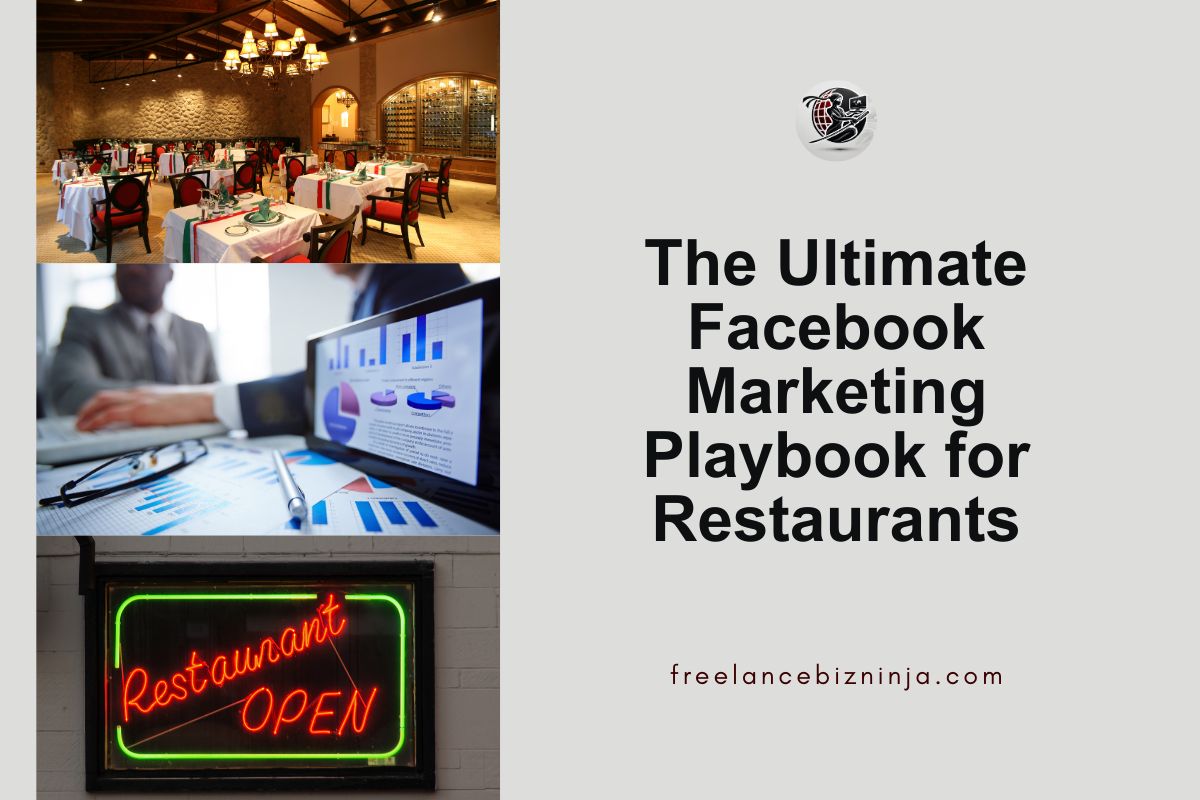Let’s cut to the chase: You’re a life coach. You’re juggling clients, crafting workshops, and trying to build an online presence all while pondering one of life’s greatest questions: Which social media platform is best for me?
It’s not just about choosing a platform; it’s about finding your digital home. But don’t worry. I’ve been there, too, staring at my screen, overwhelmed by hashtags and wondering if TikTok’s dance challenges could somehow translate to meaningful coaching content.
Let’s break it down together, platform by platform, to find what suits your coaching style and your audience best.
Facebook: The Old Faithful
Ah, Facebook. It’s like the trusty Swiss Army knife of social media. It’s been around forever (in internet years). And while it’s not the shiny new toy, it’s still ridiculously versatile. Here’s why Facebook might be your go-to:
Pros:
- Community Building – Facebook Groups are gold. Whether you’re creating a group for your clients, a free support community, or a space for accountability partners, groups can create real connections.
- Advertising – Facebook Ads let you focus on your target audience. Want to reach women in their 40s interested in self-improvement? Done.
- Content Diversity – Long posts, short updates, videos, live streams; Facebook lets you do it all.
Cons:
- Algorithm Drama – Unless your content gets high engagement, it might not reach your audience.
- Demographic Shift – Younger users are moving to platforms like Instagram and TikTok, so your audience may skew older here.
My Opinion:
Facebook is your best bet if you thrive on creating communities and don’t mind investing time in ads. But fair warning: you’ll need patience to deal with its ever-changing algorithms.
Instagram: The Visual Powerhouse
Instagram is where aesthetics meet authenticity. If your coaching style leans into visual storytelling—think inspirational quotes, behind-the-scenes glimpses, or even quick video tips—this platform is your stage.
Pros:
- Engagement Haven – Posts, Stories, Reels, and Lives all offer different ways to connect with your audience.
- Hashtag Power – Hashtags can help you reach new followers organically.
- Personality Showcase – Your profile becomes a mini-portfolio of who you are and what you offer.
Cons:
- Time-Intensive – Creating visually appealing content is no small feat.
- Algorithm Games – Like Facebook, engagement dictates visibility.
My Opinion:
Instagram is perfect for life coaches with a knack for visuals and quick, inspiring messages. Just don’t fall into the trap of obsessing over aesthetics at the expense of substance.
LinkedIn: The Professional’s Playground
LinkedIn isn’t just for job hunters. For coaches, it’s a goldmine of professionals eager to invest in their growth. If you’re targeting corporate clients, executives, or high-achievers, LinkedIn might be your match.
Pros:
- High-Quality Audience – People on LinkedIn are there for professional development, making them more likely to value coaching.
- Thought Leadership – Publish articles, share insights, and position yourself as an expert.
- Networking Opportunities – Connecting with decision-makers is easier here than on other platforms.
Cons:
- Formality Overload – LinkedIn leans formal, so if your coaching style is playful, it might feel stifling.
- Time Investment – Consistent posting and engagement are key to building credibility.
My Opinion:
If you’re aiming for a professional clientele, LinkedIn is a no-brainer. Just remember to keep your posts informative and aligned with your audience’s goals.

TikTok: The Wild Card
I know, I know. TikTok might feel like the last place a life coach belongs. But it’s exploding with potential for bite-sized inspiration and authentic connection.
Pros:
- High Reach – TikTok’s algorithm gives you a shot at virality, even with a small following.
- Creative Freedom – Quick tips, motivational soundbites, or even fun skits can showcase your coaching style.
- Younger Audience – If you’re targeting millennials or Gen Z, they’re here.
Cons:
- Content Fatigue – Keeping up with trends can be exhausting.
- Not for Everyone – If you’re camera-shy or dislike video, this isn’t your platform.
My Opinion:
TikTok is the place to be if you’re ready to experiment with short, engaging content. But don’t force it if it doesn’t feel authentic.
Other Contenders: Twitter, Pinterest, and YouTube
- Twitter – Great for quick, insightful thoughts and building a professional network, but it’s not a primary platform for most coaches.
- Pinterest – A hidden gem for driving traffic to your blog or website. If you create a lot of written content, consider pinning it here.
- YouTube – Ideal for long-form content and building deep trust. But video production takes time and effort.
Choosing Your Platform: Key Questions to Ask
- Who is my audience and where do they spend their time?
- What type of content do I enjoy creating?
- What are my goals? Brand awareness? Leads? Community building?
- How much time can I realistically invest?
Here’s the thing: there’s no one-size-fits-all answer. Your ideal platform depends on your audience, your strengths, and your goals. But the good news? You don’t have to be everywhere at once. Pick one or two platforms that align with your vision and start there.
And remember, even if you don’t go viral overnight, you’re building something far more valuable: genuine connections. And that’s what life coaching is all about.







